
Since the Covid-19, AKA the Coronavirus, hit the USA and was declared a pandemic by the WHO, people are freaking out a little bit. It’s difficult to know exactly how far the virus will spread, and how hard-hit community will be.
The best option, in my opinion, is self responsibility, and part of that is taking care of yourself. One easy way to do that is to naturally boost your immune system. (IMPORTANT: These foods are not cures, not a vaccine, and will not prevent you from getting infected. This post is not medical advice. Consult your doctor if you think you have Covid-19)
Covid-19 is not a death sentence for most people. Some people only get mild symptoms, and like any virus, you can boost your chances of fighting it with a healthy immune system.
While you can take supplements, eating natural, healthy foods high in antioxidants and other immune-boosting properties has always been my preference. This list of 46 foods that can naturally boost your immune system should be widely available, even if some of the names sound a little more exotic.
Nope – these aren’t some crazy exotic fruits that’ll cost you a week’s paycheck at Whole Foods. These are normal, everyday items you can find in your average grocery store that you can eat individually or use to spice up your favorite meals.
Remember! Consistency is key, and prevention happens before you get sick. It’s never too early to start, and who says you have to quit after this whole pandemic thing dies down?
Basil
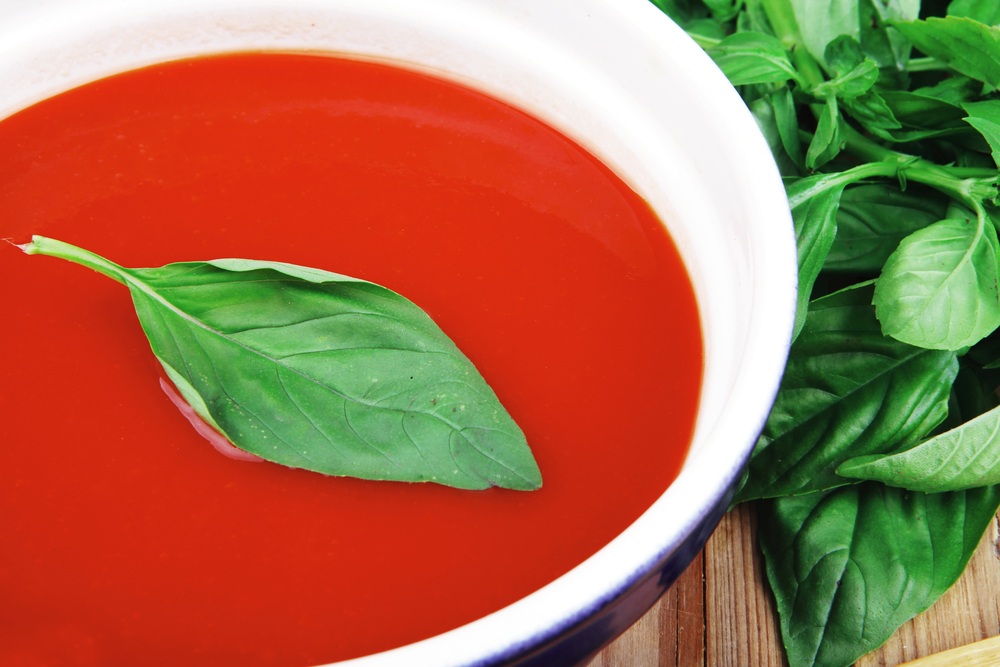
With its round and pointed leaves, basil looks a little like peppermint, but the taste of the herb is very different.
Basil is commonly used both fresh and dried as an herb in cooking, and is also an ingredient of pesto. The leaves contain a significant amount of antioxidants, which can play a key role in boosting the immune system. They even have some antibacterial properties, which also helps with this role.
Rosemary

Rosemary is another common kitchen herb, most often associated with chicken, pork and lamb. It is also a particularly versatile herb, and can be used in a wide range of other dishes.
As with basil, the herb can be used fresh or dried, and both forms are commonly found at the grocery store. It is also a particularly easy plant to grow, and a good addition to a windowsill herb garden.
Ginger
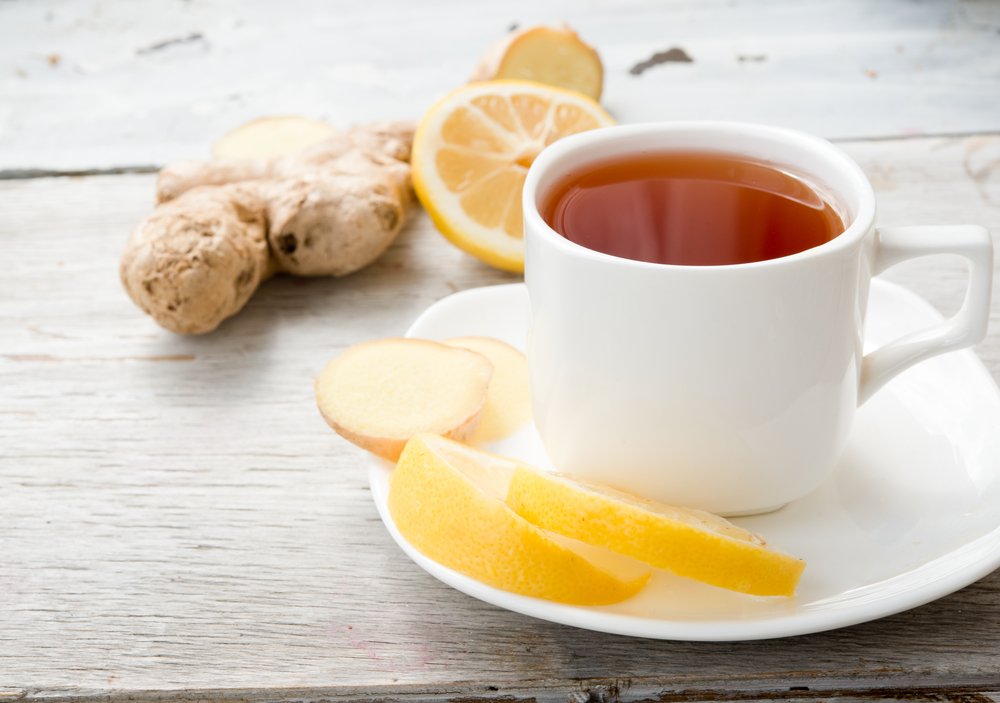
Ginger has a particularly recognizable taste, and is frequently used as an approach to treat nausea and stomach problems in general.
The taste is something that people tend to love or hate, but regardless of how you feel about the taste, it is a good spice to include in your diet for its potential health benefits. Some common ways of using ginger include making ginger tea, using it in baking and using it as an ingredient in a healthy smoothie.
You can even buy fresh ginger online!
Cinnamon

Cinnamon is a very common baking spice and the flavor (along with nutmeg and pumpkin) is especially common in winter and around the holidays.
Cinnamon actually comes in two main types, Cassia and Ceylon cinnamon. Of the two Cassia cinnamon tends to be lower quality, have a weaker flavor and contains some compounds that aren’t great for health in high doses. Ceylon cinnamon is a bit harder to find, but has a better taste and is more desirable if you want health benefits from cinnamon.
Oregano
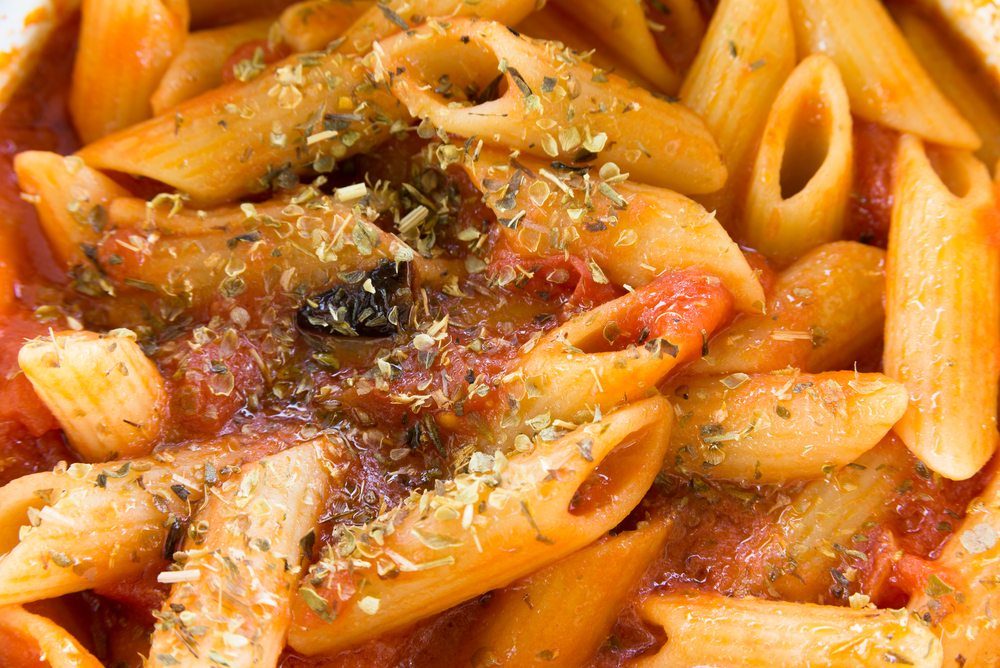
While it can be used fresh, oregano is most effective as a dried herb, as it has more flavored tried. The herb has a complex taste that includes aromatic notes and a slight bitter taste. This taste makes it a good addition to pizza sauce and to pasta, and it works well with anything that is a little spicy.
Cumin
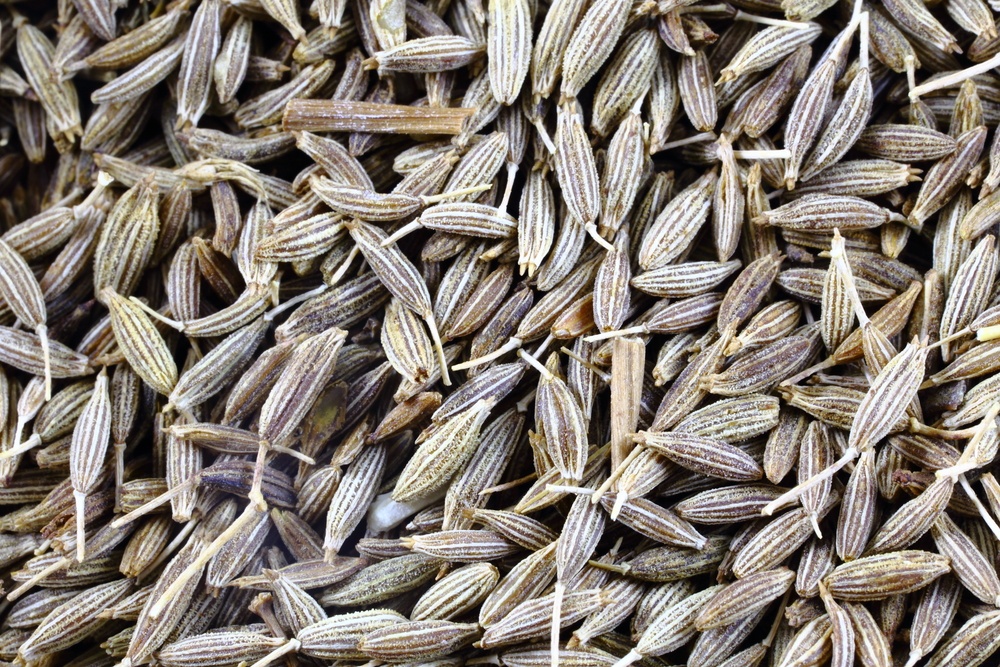
Although these are sometimes referred to as cumin seeds, cumin is actually a whole fruit from the plant which have been dried.
Cumin has a long history of being used in traditional medicine, although the fruit is also commonly used in cuisine. Cumin has both anti-inflammatory and antioxidant properties, and as a whole can play a key role in giving the immune system a boost.
Turmeric
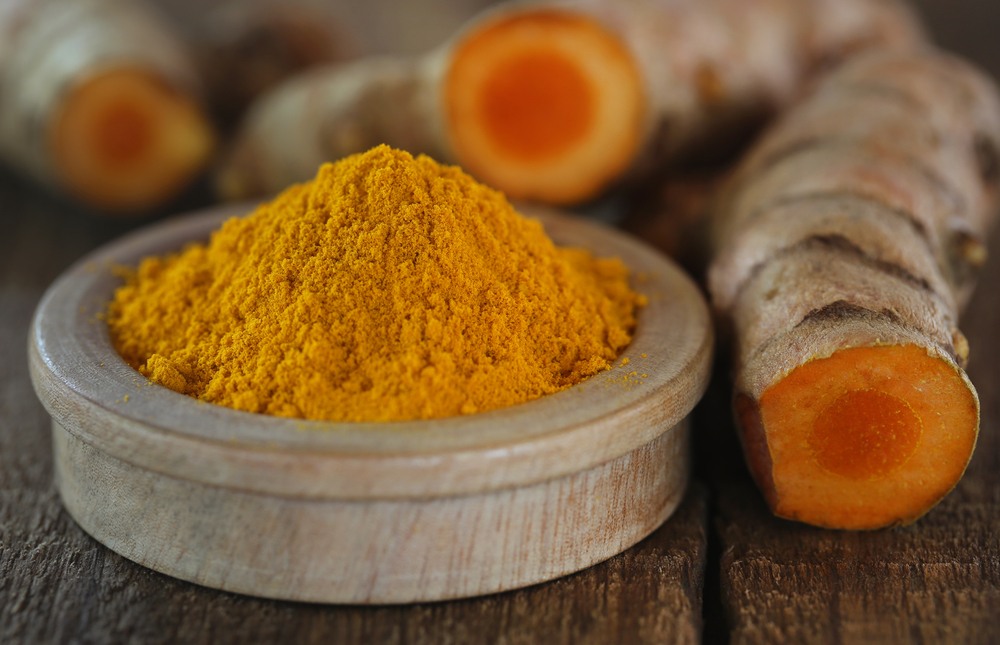
Turmeric is the key spice in curries. This role comes from both the flavor and the color of the root, and the taste of the spice is quite powerful.
One of the key active compounds in turmeric is curcumin, and there has been considerable research into this compound’s potential for boosting the immune system. In fact, this potential effect is so significant that you can actually buy both turmeric and curcumin supplements and the compound has even been associated with fighting autoimmune diseases.
Cloves
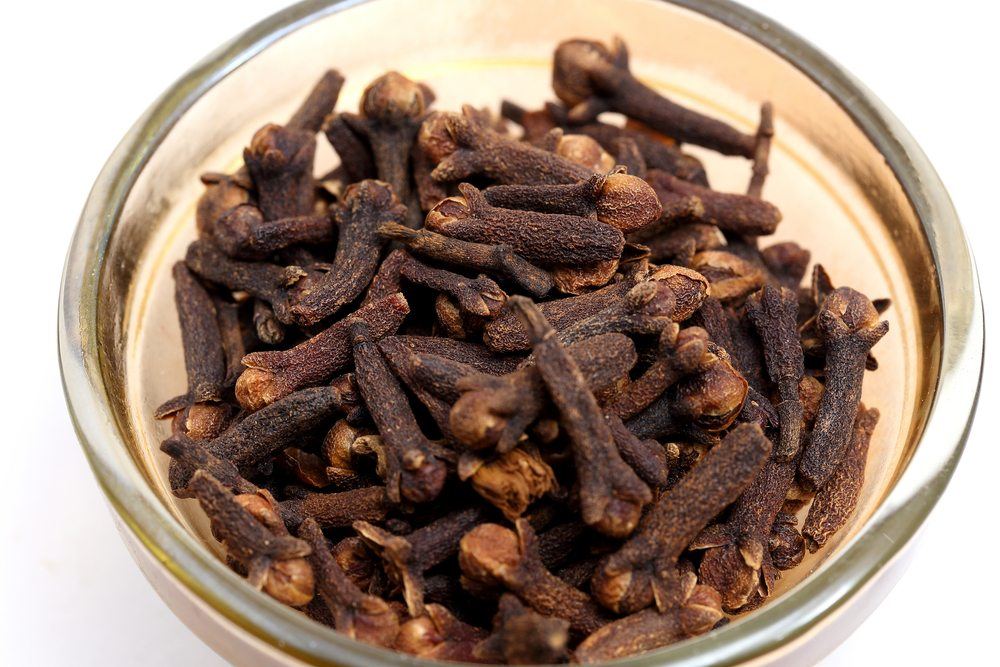
Cloves are actually dried flower buds and they are commonly used as spices. Cloves are good additions to meats and curries and they have an intense flavor that is reminiscent of cinnamon.
Another common way of using cloves is with fruit, such as baked pears or apples. Cloves have been widely used in traditional medicine, especially for dealing with dental pain and there is some interest in their immune system boosting potential.
Cayenne
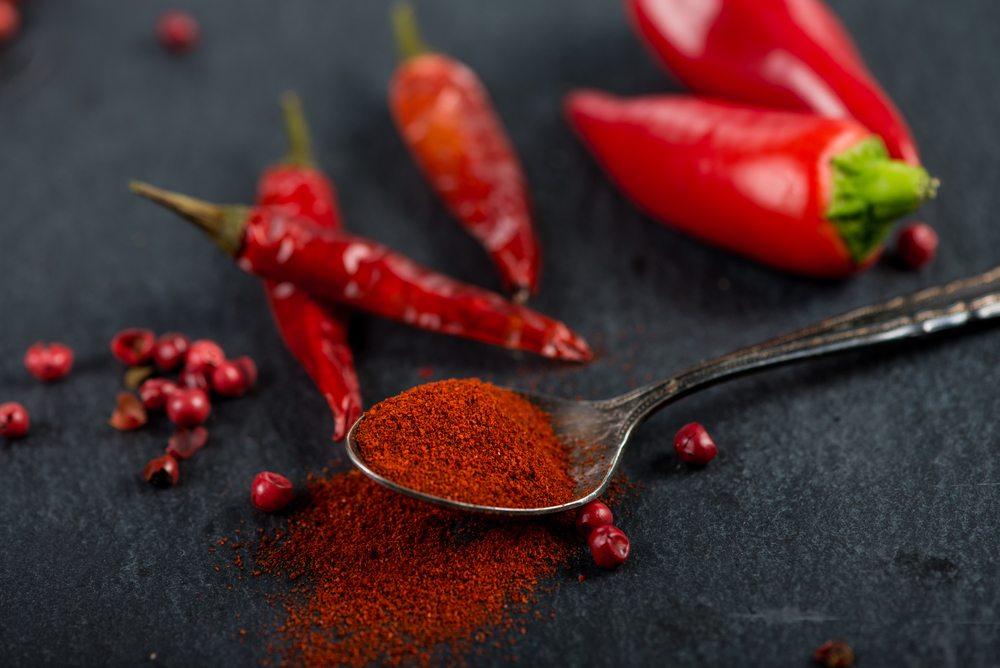
As spices go, cayenne pepper is one of the more powerful ones out there and even a little bit of the powdered pepper can make a mild dish very spicy. The immune system impacts of the spice are thought to come from the presence of compounds called capsaicinoids.
These compounds are also common in other types of chili peppers and also act as antioxidants and in an anti-inflammatory manner.
Thyme
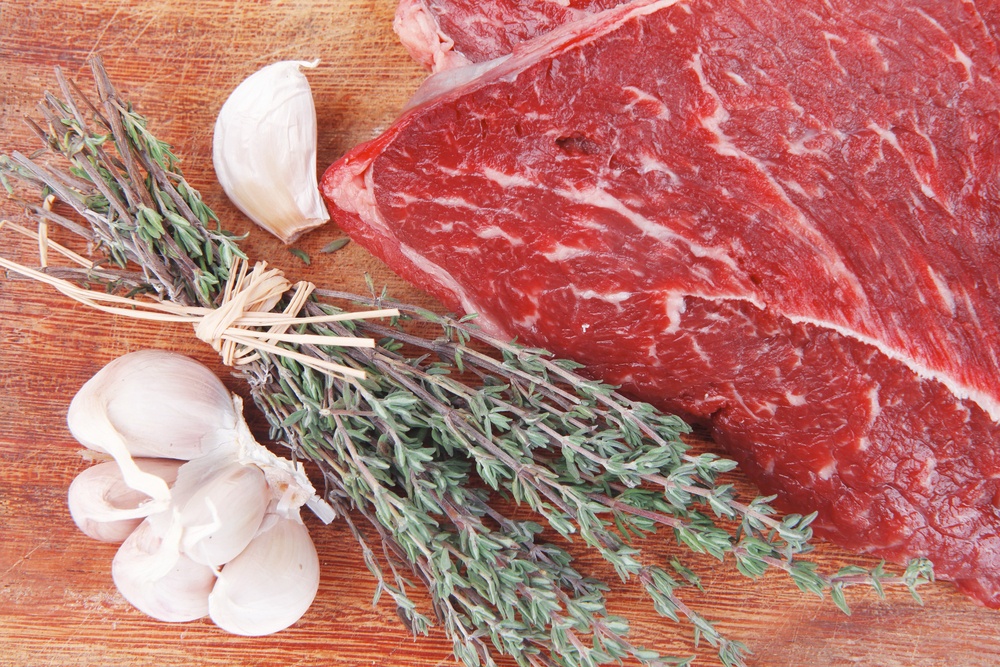
Thyme is a common garden herb that works well with a number of dishes. When cooking, some dishes will use just the leaves of the herb, while others will use whole sprigs.
The most common variety of the herb is known as garden thyme. This variety has green-gray leaves and strong minty aroma with light notes of lemon. There is also a variety called lemon thyme, where the lemon component of the aroma is much stronger.
Garlic
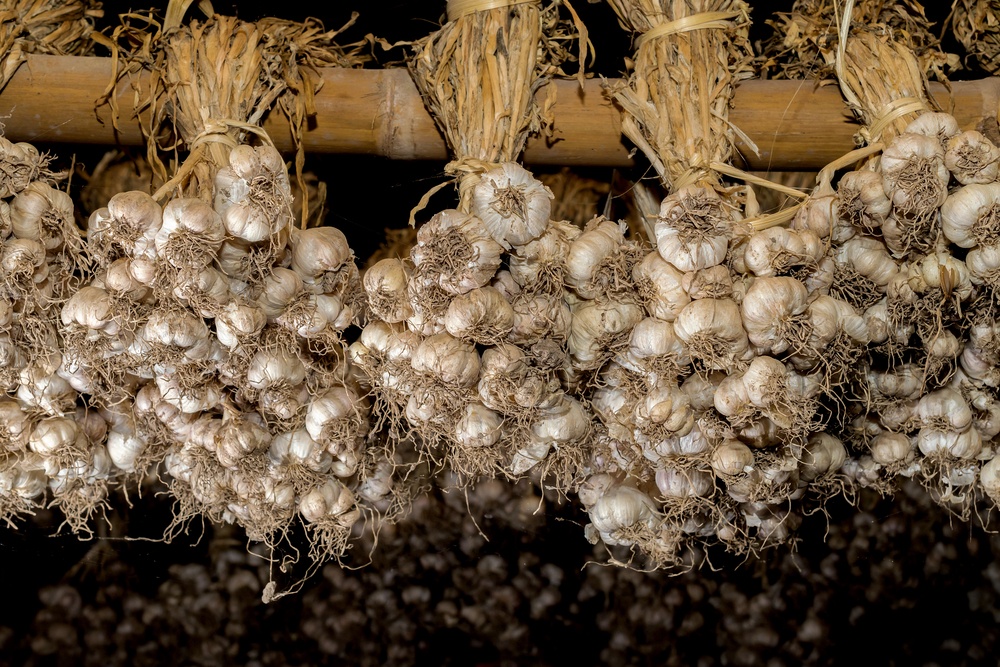
Garlic is a fantastic food for cooking, even though its effect on one’s breath tends to be pretty unappealing. The health benefits of the bulb have long been promoted, especially in relation to the common cold.
Garlic is especially easy to add to the diet, as it can be included in just about any dish. It also especially powerful as a way to add flavor to food without using salt, which is a relevant approach for anyone who has to watch their sodium intake.
Fermented Foods

Most people think of fermentation in relation to alcohol, but you can also find a number of different fermented foods.
Fermentation uses yeast and/or bacteria as an approach to food processing and can create some particularly tasty foods. Fermented foods are significant because they contain a range of healthy bacteria that can help to promote improved gut health, and improved health overall.
Citrus

For the vast majority of people, citrus fruits are a particularly healthy option.
They are rich in vitamin C along with a number of antioxidants, all of which help the fruits to play a role in improving the immune system. After all, citrus-based hot drinks have traditionally been recommended for treating colds.
Broccoli
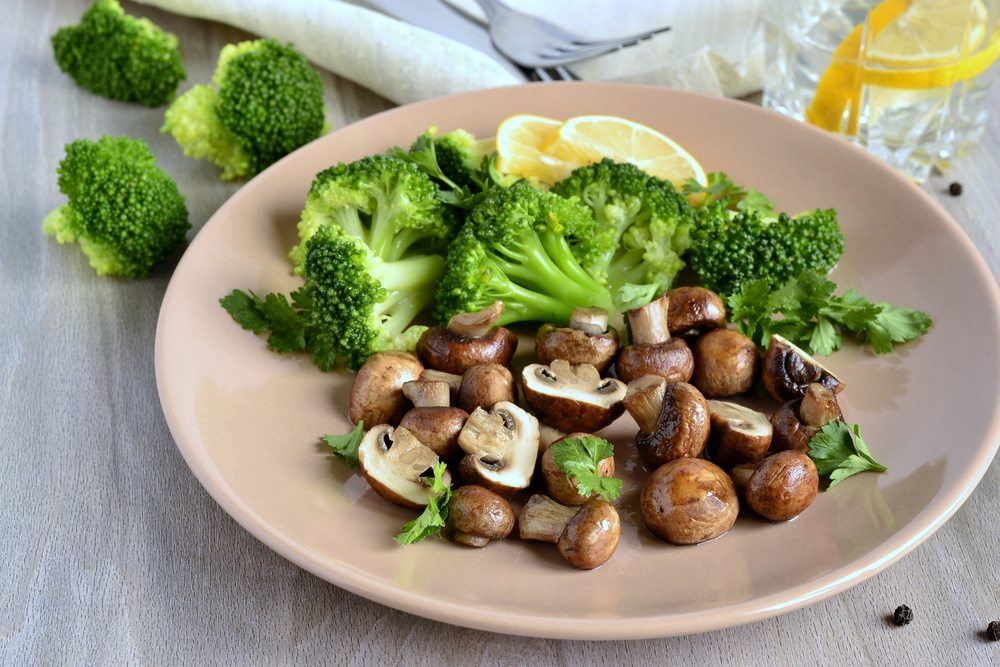
Broccoli is one of those vegetables that everybody knows is healthy, even if many of us don’t really like the taste. Broccoli falls into the family of cruciferous vegetables, and members of that family have immune system boosting potential.
This action comes from a compound called sulforaphane and may be particularly relevant for supporting immune systems as people age.
Pumpkin Seeds
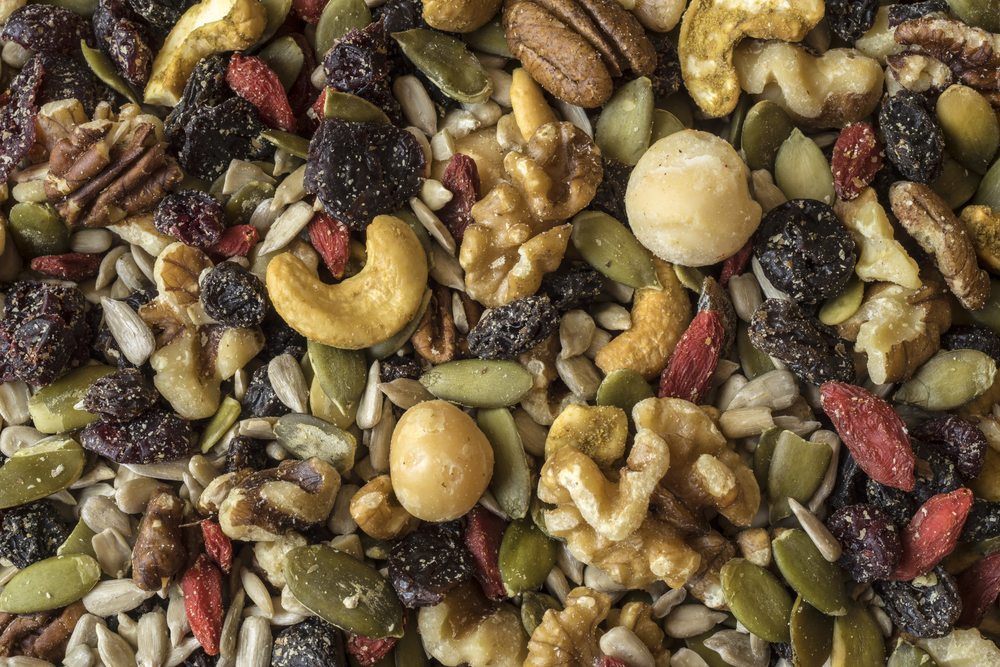
Pumpkin seeds are promoted as being very healthy, and with good reasons. The seeds are particularly high in protein for their size and also contain healthy omega 3 fatty acids.
These fatty acids are commonly associated with fighting inflammation, but they are also relevant for improving the immune system. They are also a good alternative to nuts, as they offer many of the same benefits, but won’t trigger any nut allergies.
Chicken Soup
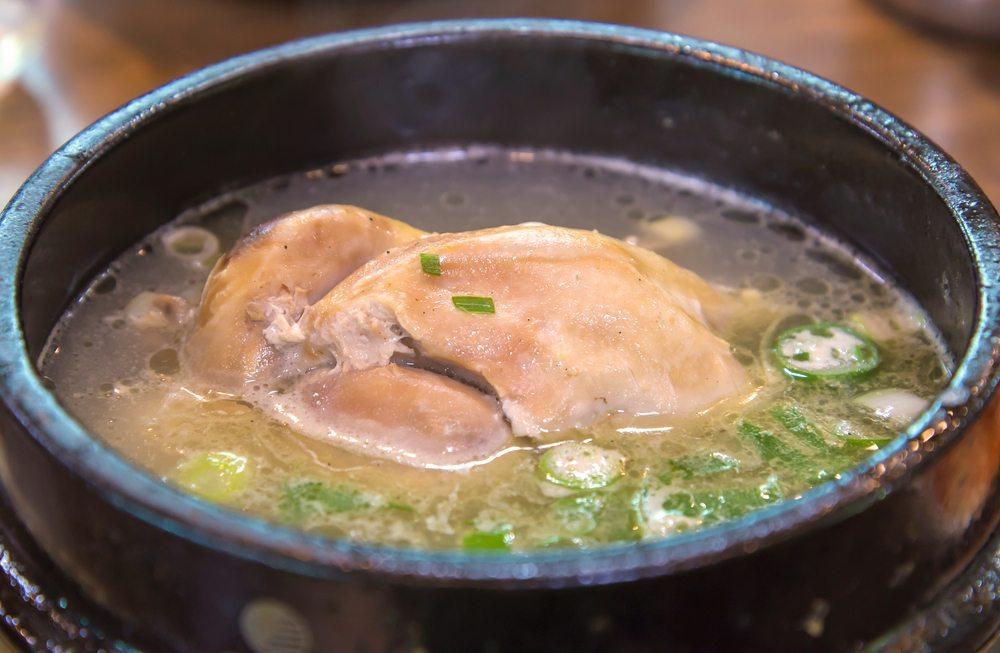
The idea of chicken soup as a treatment for many ailments, including the common cold, has been around for a long time. However, there may actually be some merit behind this perspective, not just for colds, but also for supporting the immune system in general.
While the overall effect is likely to be relatively mild, it may still be significant and worth trying. After all, most people agree that chicken soup does make you feel better if you are sick.
Yoghurt
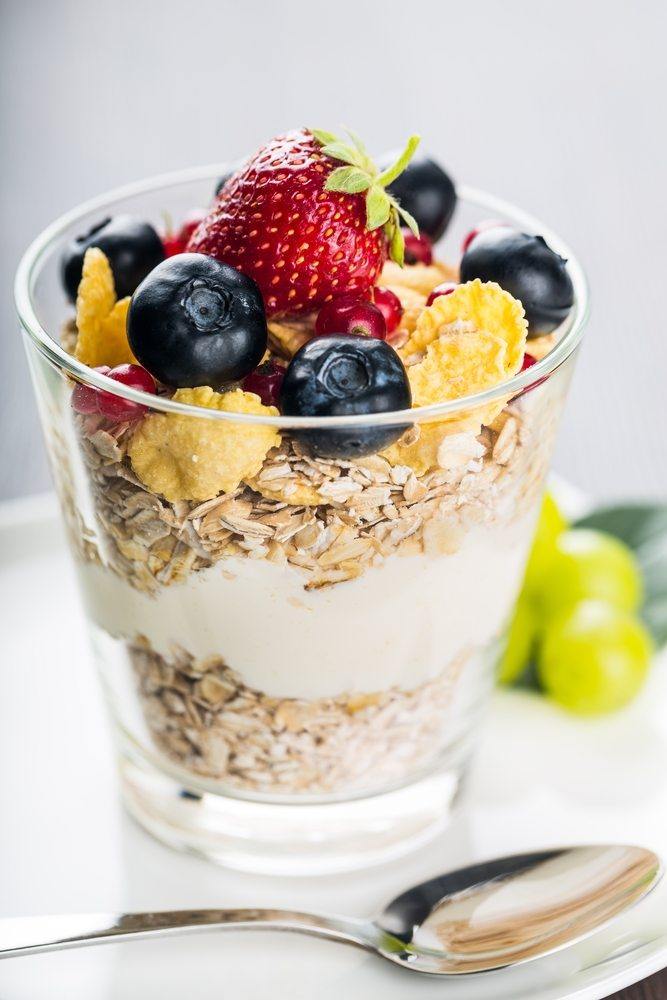
Yogurt, particularly probiotic yogurt has been associated with improvements in the immune system. The term probiotic refers to the use of live bacterial cultures, ones that help to support our gut health and can promote overall health benefits.
The potential of probiotics is one reason why this type of yogurt has become so popular in recent years, and now there is a huge number of brands and varieties of probiotic yogurt.
Cardamom
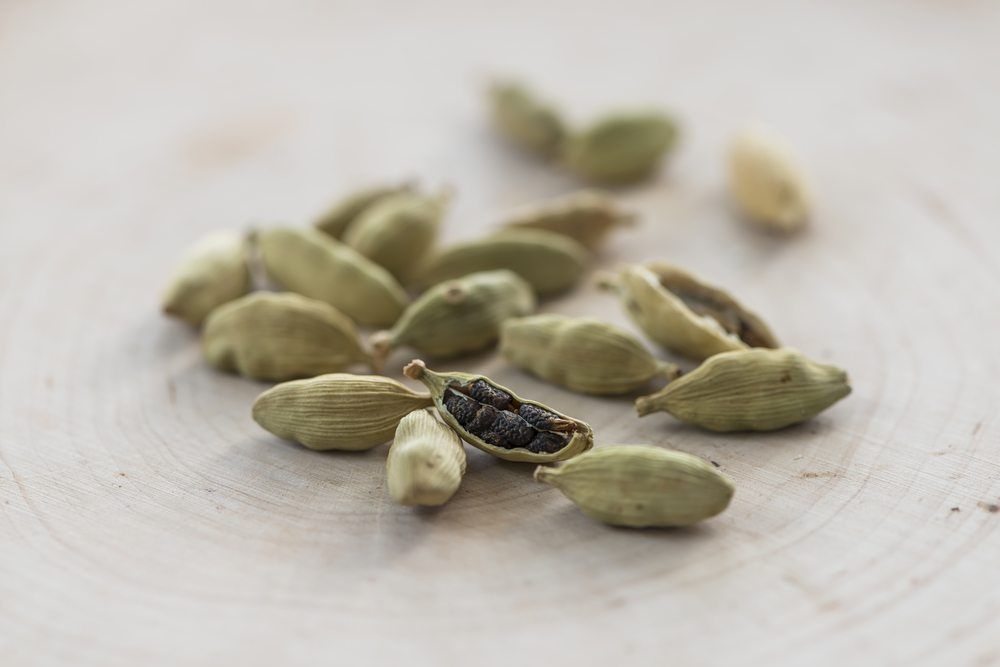
Cardamon is one of the less well-known items on this list, but it is still an important spice and is more common in some cultures than others, particularly in Indian cuisine.
Cardamon has a significant history as a form of traditional medicine, to treat a host of different health-related issues. Research has highlighted the spice’s potential to improve the immune system as well as other prospective health benefits.
Spinach

Spinach is loaded with compounds that help to promote health, including vitamin E, B vitamins, omega-3 fatty acids and other compounds that fight inflammation and boost the immune system.
Indeed, spinach is considered to be a particularly nutrient-dense food, which makes it a valuable addition to the diet regardless of one’s health goals.
Mushrooms

There are a lot of different types of mushrooms out there, and these can vary considerably in their health properties. While many different types of mushrooms have been associated with health benefits, some of the most significant ones have been the oyster, enoki and shiitake varieties.
Some of the other more obscure varieties of mushrooms also offer significant health benefits, and these are starting to become more common at grocery stores.
Kale
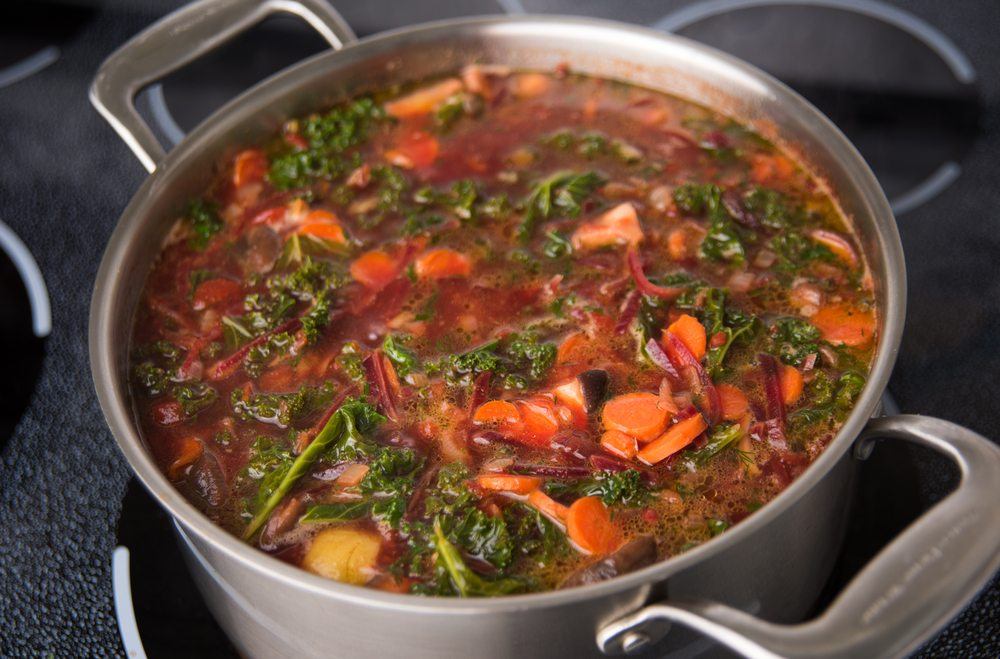
For a while kale was the darling of the media. Even though its popularity is fading somewhat, it still remains a very important vegetable nutritionally. In many ways it is similar to spinach, offering substantial nutrient and antioxidant potential, along with the ability to fight inflammation and improve the immune system.
Avacados

Despite their relatively high fat content, avocados are generally thought of as good for health, partly because the fats in avocado tend to be healthy ones. One of the advantages of avocados is that they are rich in amino acids. They are also a good source of fiber and nutrients.
Blueberries

Blueberries are often called a superfruit, largely because they contain a high concentration of antioxidants.
At the same time, the berries also offer a number of other important phytonutrients and are an easy-to-eat and tasty snack. The combination of phytonutrients and antioxidants also makes blueberries a powerful agent for improving the immune system.
Pomegranate
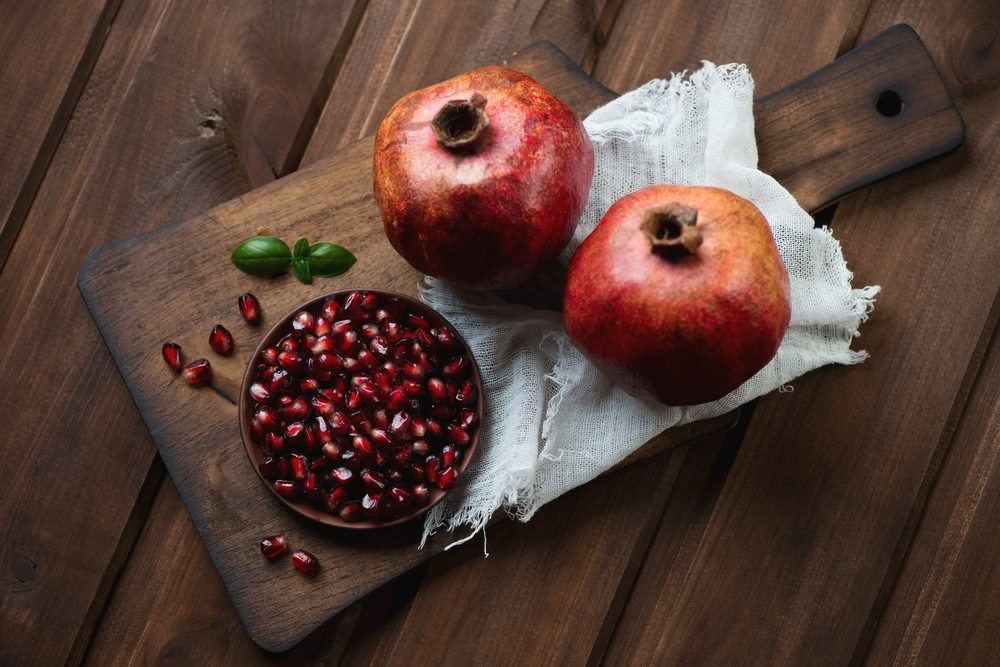
Pomegranates can seem particularly daunting to eat and they can often be a messy endeavor. However, they are well worth the effort as pomegranates contains high levels of antioxidants.
If you really don’t want to figure out how to get into a pomegranate, you can also simply get pomegranate juice or even buy bottles of the arils (the seed + the juice sac that surrounds it) from the fruit.
Acai Berry
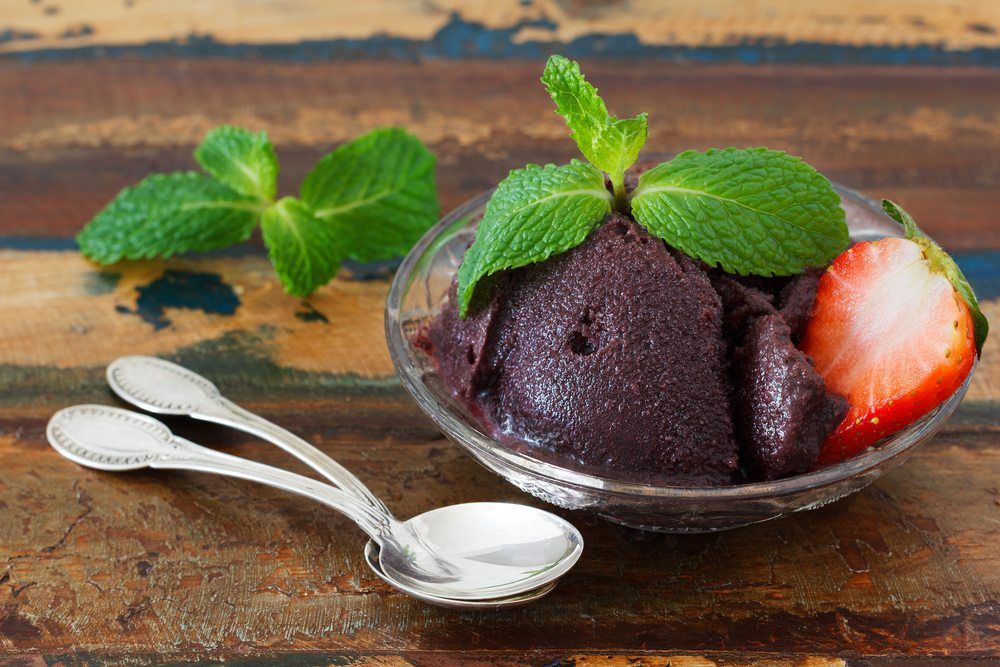
The acai berry is another one of the superfruits that has become popular and once again, the antioxidant capability of the berries is one of the key reasons for this.
While the fruits themselves are popular, they come from Brazil and can be quite hard to find fresh in other parts of the world. An alternative is powdered acai berry, which tends to be used as an addition to smoothies.
Coconut Oil
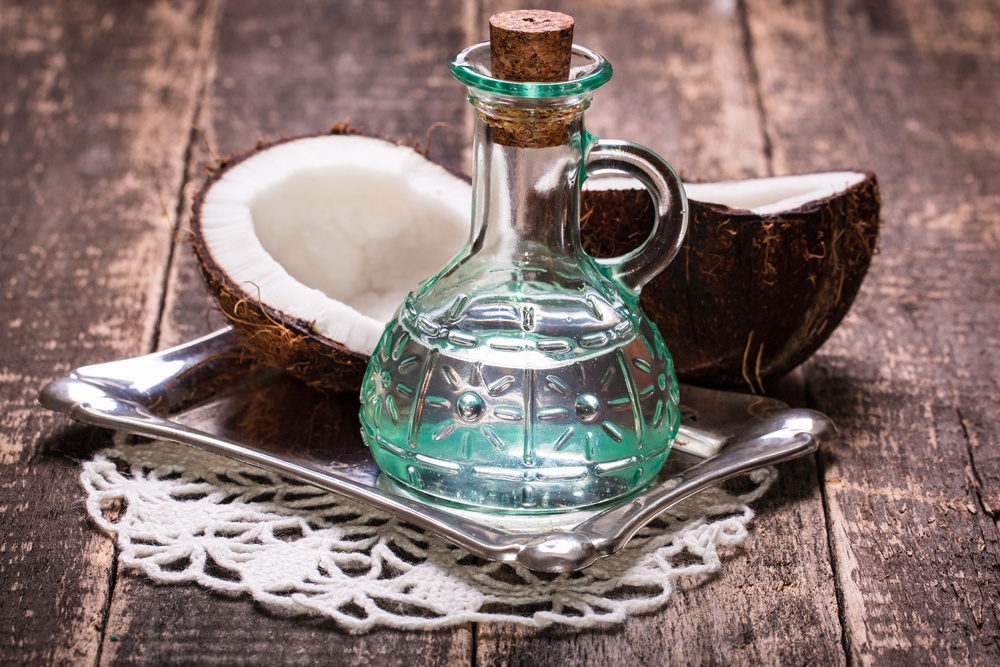
Coconut oil is a type of oil that is extracted from the meat of coconuts when they have matured.
The oil is sometimes controversial because it has a relatively high level of saturated fat content, but despite this, the oil can be quite beneficial to health. In fact, the oil is often promoted specifically as a way to improve the immune system.
Shellfish
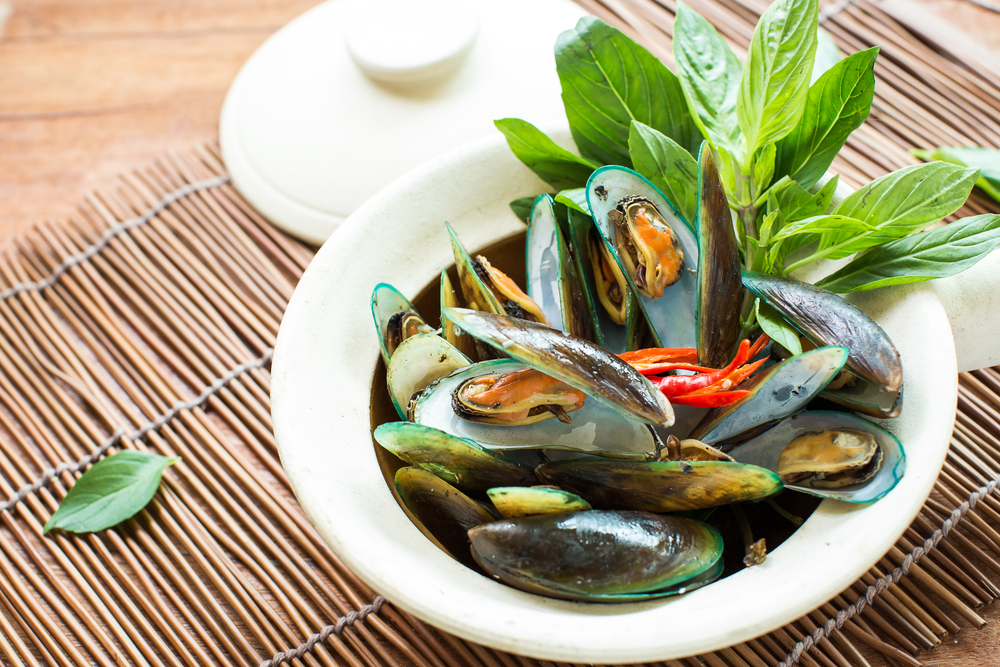
As long as you don’t have an allergy to them, shellfish are a particularly good choice for boosting the immune system.
Shellfish can do this because they have a number of important minerals that can help improve the action of white blood cells. One such mineral is selenium, although there are also others.
Graviola AKA Soursop AKA Guanabana
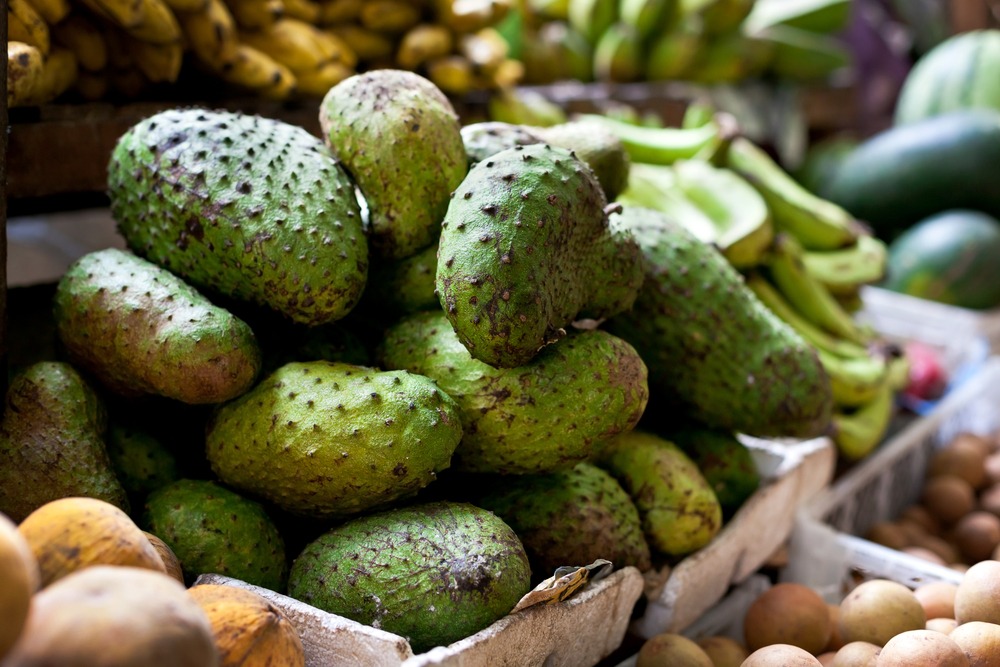
The graviola is a prickly fruit with soft white pulp and its taste can best be described as a combination of banana and pineapple, although individual perspectives vary.
The fruit contains key vitamins and minerals, some of which are also antioxidants. These are the aspects of the fruit that help it to contribute to the immune system.
Green Tea
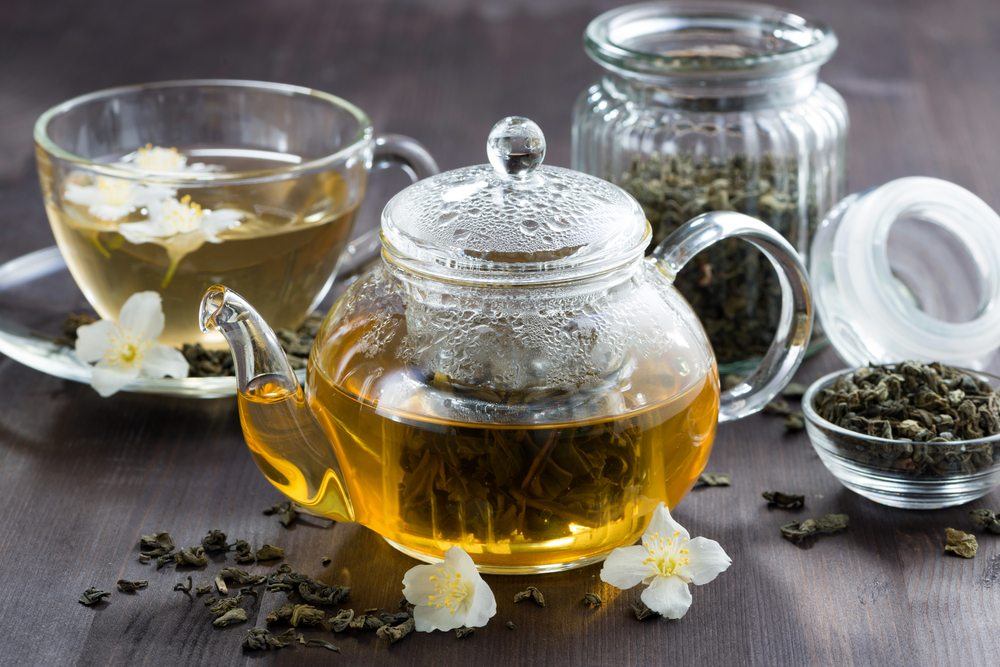
Green tea has long been viewed as a health tonic and it has firmly engrained itself in Western culture. Much of the health potential of the tea comes from its high levels of antioxidants.
However, the amino acid L-theanine is also a significant component of the tea. That amino acid has been associated with making the immune system more responsive and stronger overall.
Elderberry
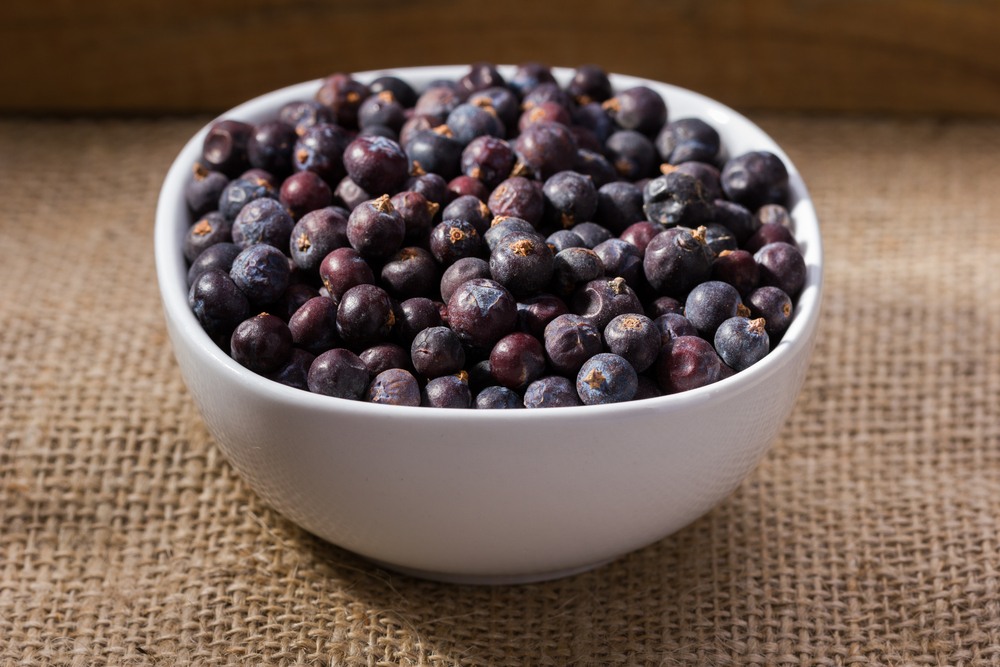
As with many fruits, elderberries contain significant amounts of flavonoids. These natural compounds have been associated with improved health overall, especially in relation to the immune system and inflammation.
Cooked elderberries are used as ingredients in a number of recipes, including pies and jams. However, raw elderberries are poisonous so they should always be eaten cooked.
Watermelon
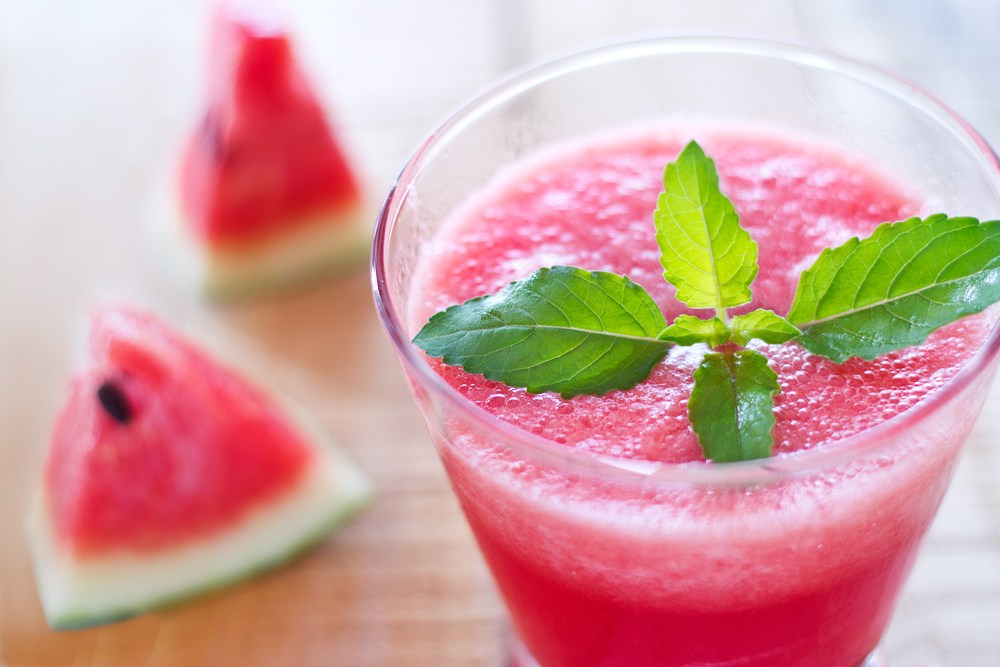
The coolness and crispness of watermelon makes it a wonderful treat in the hot summer months. But, did you know that watermelon offers significant health benefits as well. Some of this comes from the nutrients in the watermelon, because like most fruit, watermelon is not short on nutrients.
Many of these play a role in the immune system. Watermelon also contains the compound lycopene. This compound is responsible for the red color of watermelon flesh and can help to reduce inflammation.
Cabbage

Cabbage is a particularly useful vegetable for cooking and is common in a range of dishes. Cabbage is also a highly nutritious vegetable, especially if you go for the red variety, which contains anthocyanins.
These compounds give red cabbage its color and are powerful antioxidants. Some of the potential advantages of cabbage include stimulating the immune system and acting as a detoxifier.
Almonds
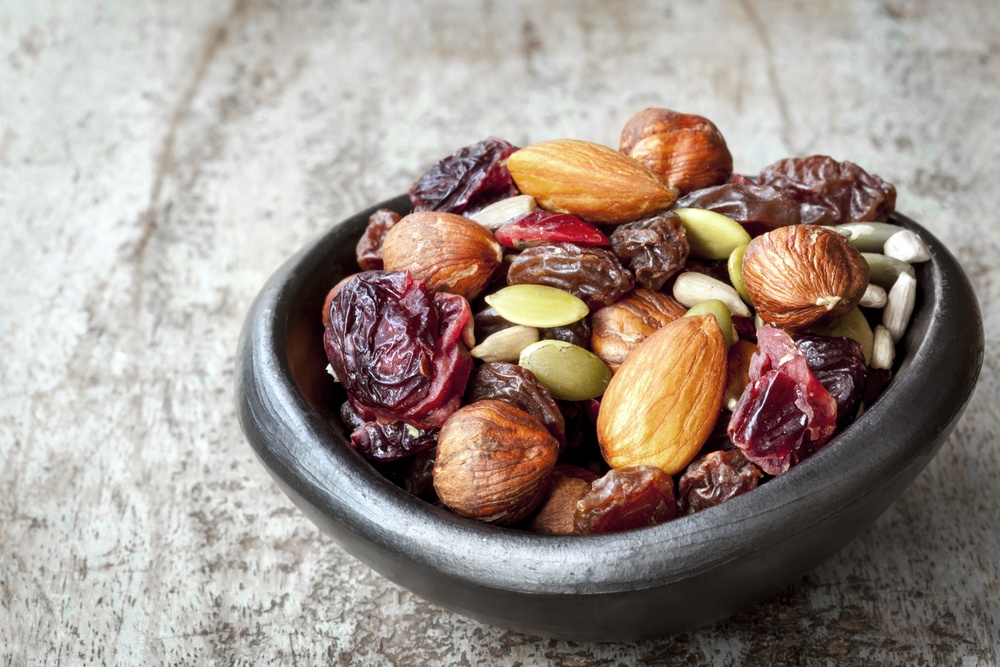
Almonds make for a powerful snack. Along with delivering a hearty dose of nutrients, almonds can also help people to satisfied, making them less likely to snack on unhealthy foods.
Almonds are significant for the immune system partly because of the vitamin E they contain. Vitamin E helps to protect other vitamins from oxidation, promoting their action and thus improved health and immune system functioning.
Wheat Germ
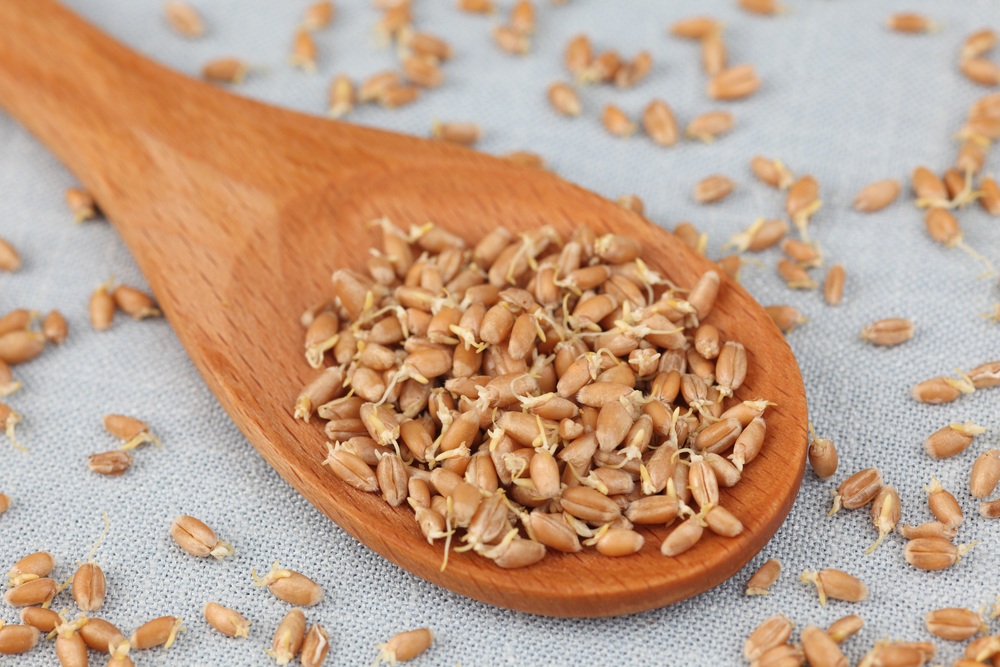
Wheat germ is a useful ingredient that can be added to just about any type of baking that uses flour.
It can also be sprinkled over yogurt, cereal or fish. It is filled with fiber, which is an essential dietary component that most of us don’t get enough of. Some of the compounds in wheat germ also boost immunity, including zinc, choline and vitamin E.
Sweet Potato

Sweet potatoes make a healthy starch to include in your diet and they can replace potatoes in most contexts.
They also have more slow digesting carbohydrates than regular potatoes, which is beneficial. Sweet potatoes contain a number of different nutrients that help to boost the immune system, including vitamin C and beta-carotene.
Oatmeal
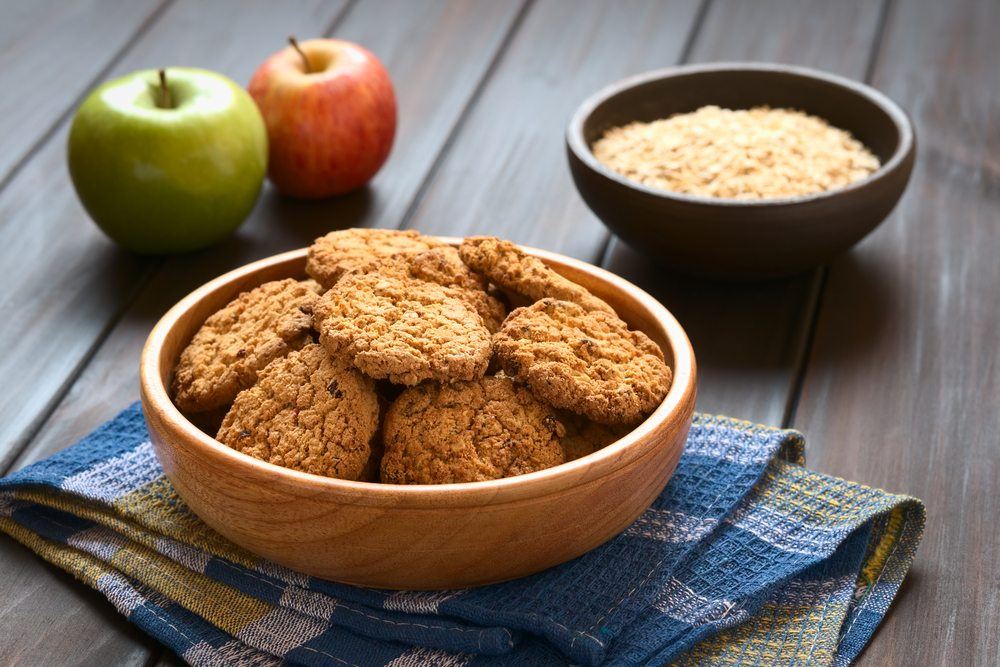
Oatmeal is often promoted for health because it is associated with weight loss and it is also a particularly good source of fiber. That fiber is significant for the immune system as well.
Specifically, oatmeal contains a type of fiber called beta-glucan that has the potential to improve the activity of white blood cells, resulting in an overall boost to immunity.
Beef

Beef, along with red meat in general, tends to be pretty controversial. Many groups of people think that you should limit red meat intake, but actually beef can offer significant immune system benefits.
Much of this comes from the amount of zinc in beef and a deficiency in zinc can majorly compromise your immune system. A good approach is to include lean beef in your diet periodically, as this tends to be relatively low in fat.
Vitamins To Build Up Your Immunity
Vitamin C – Orange Juice

Of all the vitamins, vitamin C is the one that most people associate with improving immunity. After all, there is this idea that vitamin C can help to prevent the common cold.
While research hasn’t borne this theory out, there remains strong indications that vitamin C can help to improve the function of the immune system. This includes the potential to reduce the duration of colds.
Vitamin E – Tofu
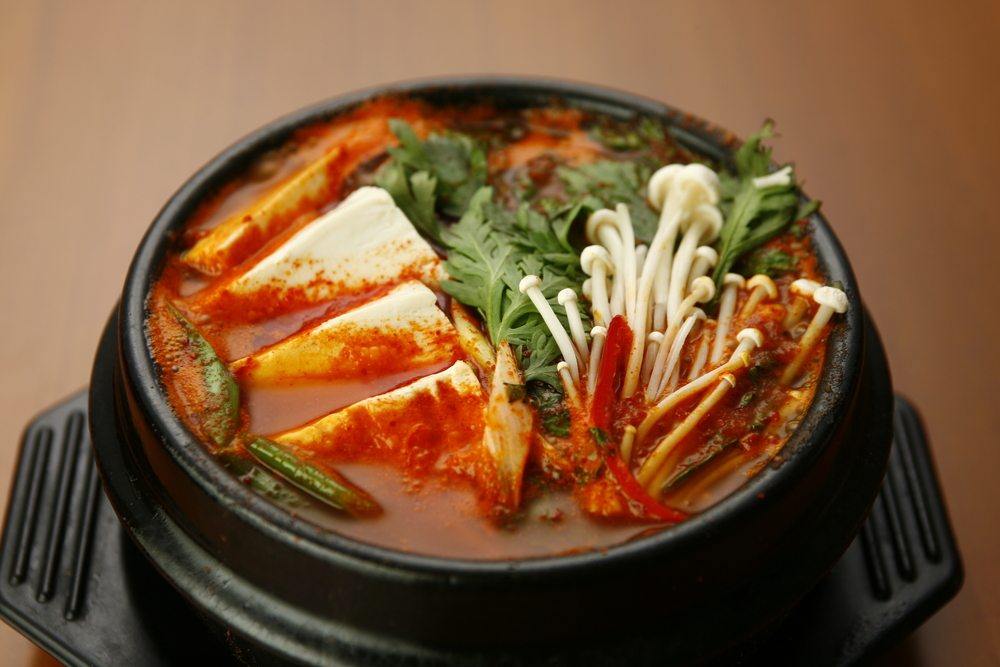
Vitamin E is important for the immune system for a few reasons. One is that vitamin E is a strong antioxidant, so including it in your diet can help promote immune function.
Another reason is that some people are deficient in vitamin E, which can make the immune system weaker. This often occurs when people are on diets with extremely low levels of fat.
Vitamin B6 – Pistachios
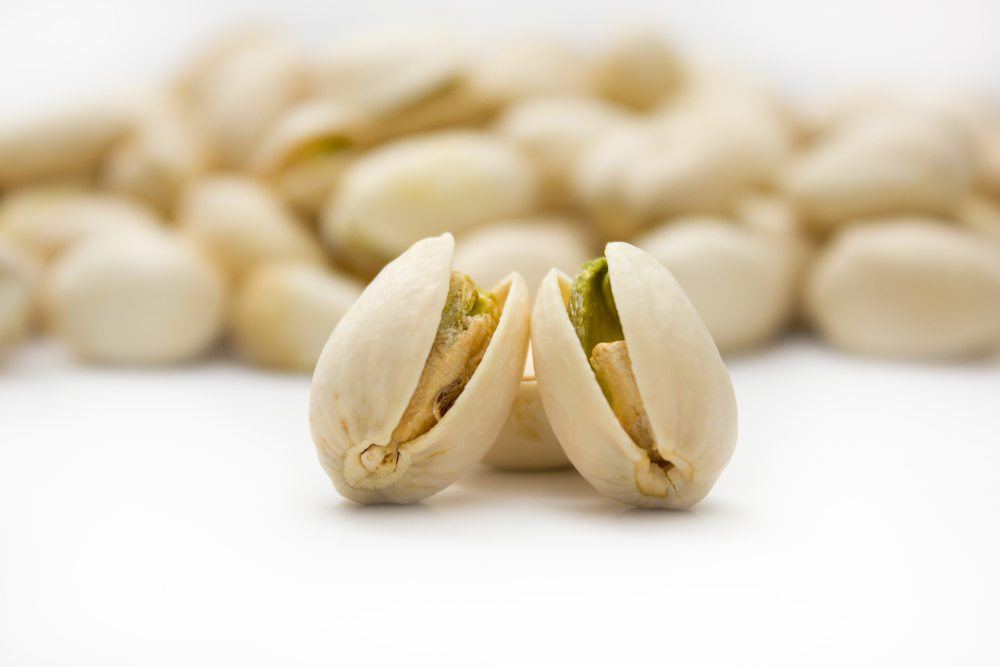
Early research suggested that vitamin B6 may help to boost immune function. Vitamin B6 deficiency is also associated with decreased immune system function and response.
This makes it critical that people get enough vitamin B6. Pistachios are a good (and tasty) source of this vitamin. Vitamin B6 is also common in meat, including red meat and poultry, and in seafood.
Vitamin A – Carrots
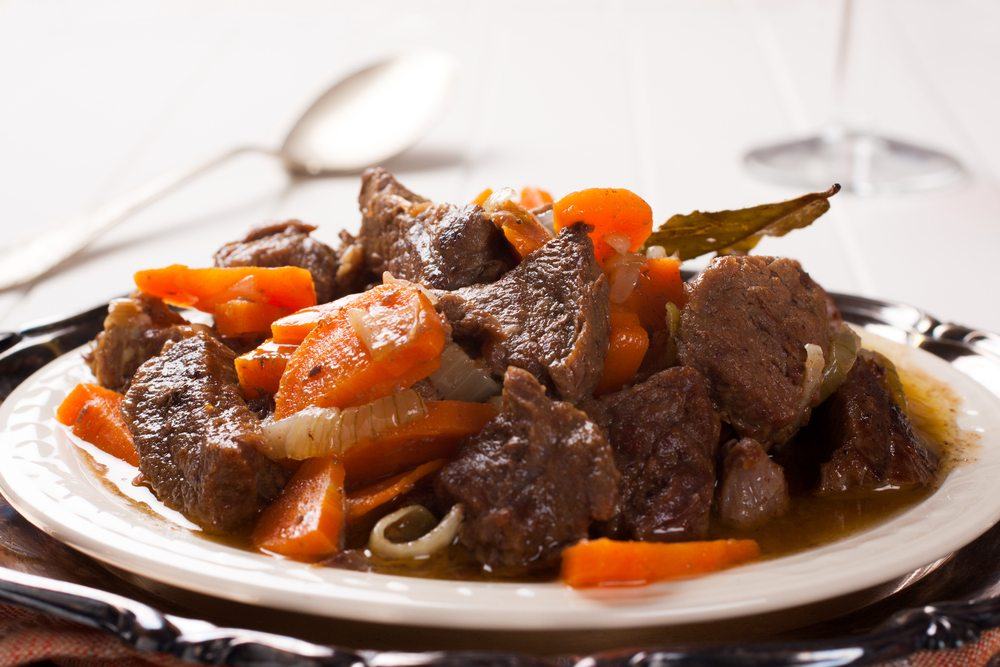
Orange foods, including carrots and sweet potatoes, contain beta-carotene. This is a strong antioxidant in its own right, but it is also acts as a precursor for vitamin A.
Vitamin A is thought to play a critical role in a functional and responsive immune system, especially in relation to the digestive system. Most of us don’t eat orange foods often enough, but their effect on the immune system is one key reason to eat more of them.
Vitamin D – Salmon

Vitamin D is a critical vitamin that is finally starting to be recognized. The human body can synthesize the vitamin, but only in sunlight, and often we simply do not get enough vitamin D.
In fact, vitamin D deficiency is thought to be prevalent and many people are unaware of their deficiency. Vitamin D can also be obtained from foods, including salmon, and there is a major need to make sure that you are getting enough vitamin D.
Folic Acid – Asparagus
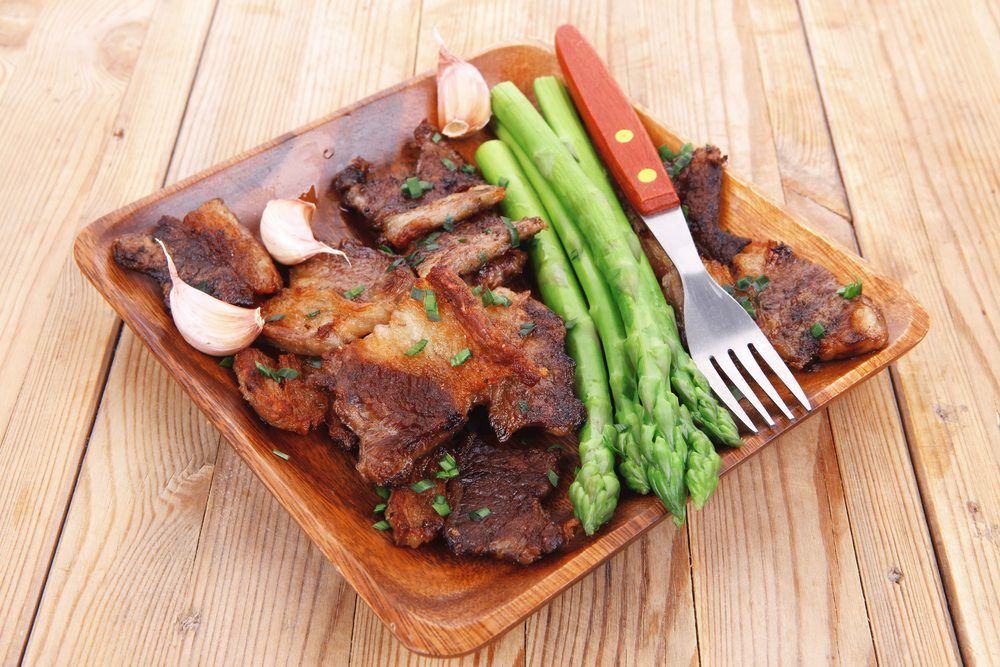
Folic acid is a B vitamin, specifically vitamin B9. It is a critical nutrient for pregnancy and pregnant women are normally advised to supplement the vitamin.
There has been growing interest in folic acid outside pregnancy as well, for its potential role in the immune system. While folate supplements are generally recommended for this purpose, simply getting more folic acid from your diet can be a good option.
Iron – Chickpeas AKA Garbanzo Beans

Iron is another vitamin that far too many people are deficient in, often without being aware of it.
That deficiency can have major impacts on health, contributing to fatigue and decreased immune system function. The symptoms of iron deficiency are frequently ignored, as people attribute the symptoms to other possible causes. While meats can be good sources of iron there are also other options, such as chickpeas.
Selenium – Brazil Nuts
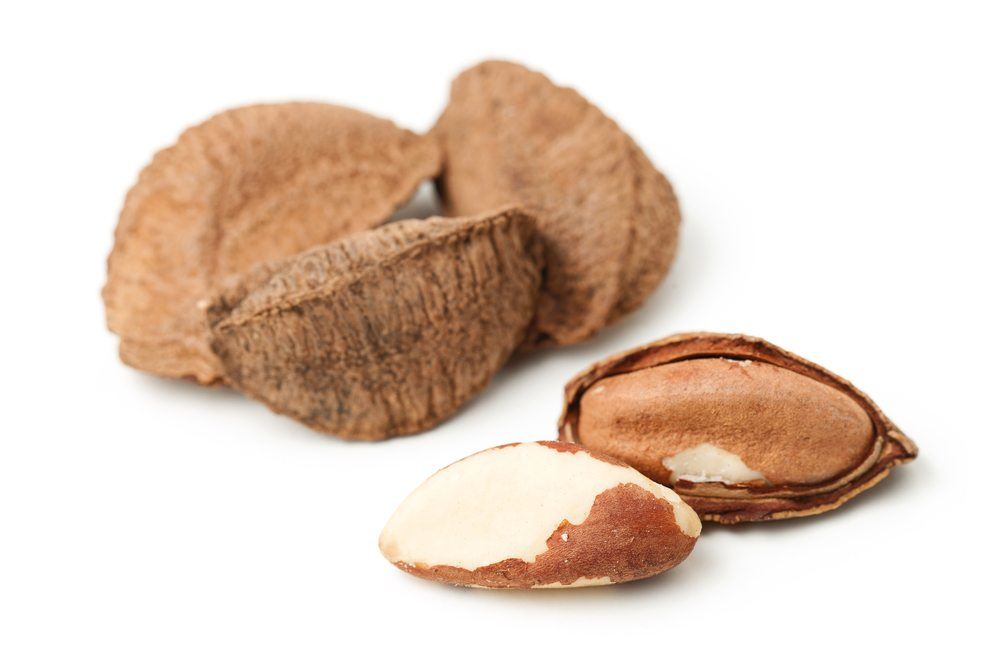
Selenium is a strong antioxidant that has been the focus of considerable research concerning the immune system. It is thought to play a primary role in the immune system.
Its actions include roles in the development and function of white blood cells and improving the ability of the immune system to respond to foreign bodies. While there are not many food sources of selenium, Brazil nuts are one good option.
Zinc – Crab

A final key nutrient for the immune system is zinc. This mineral is considered to be a trace essential element, which means that some zinc is needed for effective functioning.
In particular, zinc plays a role in controlling the immune system. This means that it has the potential to stop the immune system from over-reacting and also to ensure that the immune system effectively reacts to threats.



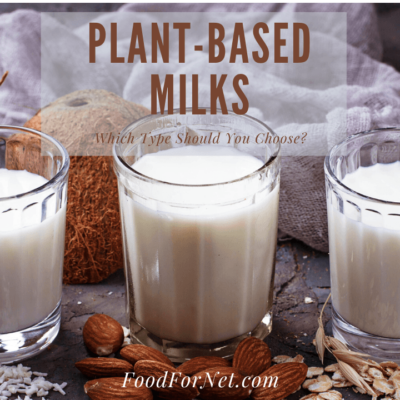

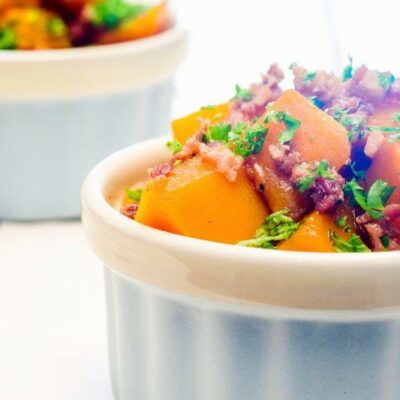





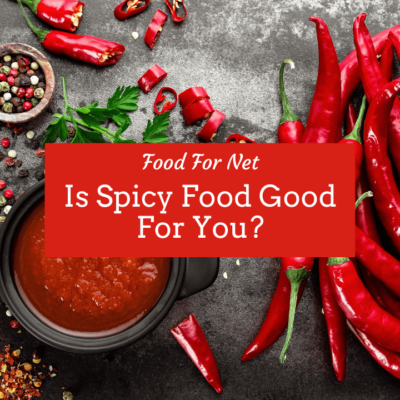





 9 Mouthwatering Vegetarian of the Month Clubs
9 Mouthwatering Vegetarian of the Month Clubs
Leave a Reply